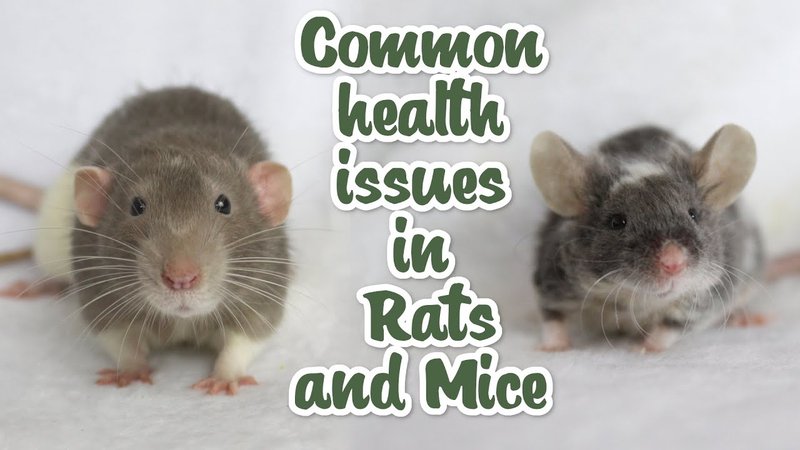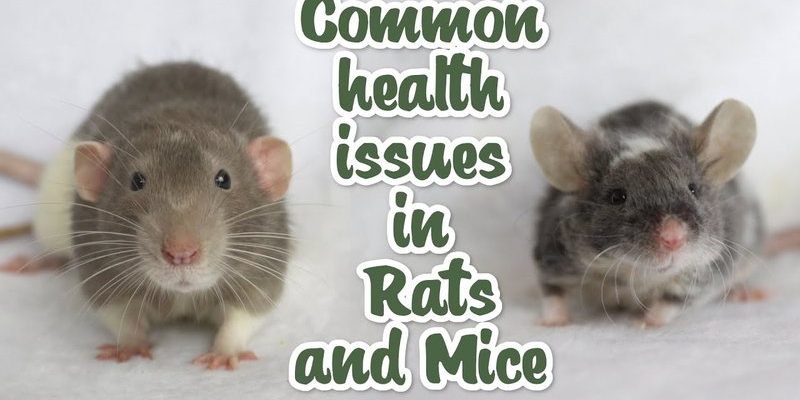
Respiratory Issues
Respiratory problems are one of the most common health issues in standard mice. These tiny creatures can develop colds, allergies, or even respiratory infections due to poor living conditions. Imagine trying to breathe in a stuffy room—that’s how your mouse feels in an unclean or overly damp environment.
Signs of respiratory issues include wheezing, sneezing, and lethargy. If you notice your mouse exhibiting these symptoms, it’s crucial to act quickly. The first step is to check the cleanliness of their cage. Make sure it’s free of waste, mold, and excess bedding that could harbor bacteria. Good ventilation is key, so consider placing the cage in a well-ventilated area.
To prevent these issues, keep their environment clean and dry. Regularly change the bedding, provide fresh food and water, and maintain a comfortable temperature in their living space. It’s also a good idea to avoid using scented bedding or cleaning products that could irritate their sensitive respiratory systems.
Dental Problems
Just like us, mice can have dental issues with their constantly growing teeth. If you think about it, it’s kind of like how we need regular haircuts—except for mice, it’s a never-ending battle to keep their teeth from overgrowing. Overgrown teeth can lead to pain, difficulty eating, and even severe health conditions if left untreated.
If your mouse is having trouble eating or you notice its teeth are unusually long, a trip to the vet is probably in order. While it might be tempting to trim their teeth yourself, it’s safer to let a professional handle it. They can also check for any underlying problems, like tooth abscesses or infections, that might need attention.
To prevent dental issues, provide your mouse with plenty of chew toys. Items like untreated wood blocks, hay, or specially designed dental chews can help keep those little teeth in check. Plus, it gives them something to do, which is always a win!
Skin Problems and Parasites
Mice are generally pretty sturdy, but they can run into skin problems, too. Things like mites, fleas, or fungal infections can cause discomfort and lead to excessive scratching or biting. Imagine how annoying it would be to have an itch you just couldn’t scratch away!
Signs of skin issues include hair loss, redness, or scabs. If you see any of these signs, it’s important to consult a vet. They might prescribe a medicated shampoo or topical treatment to help clear things up.
To keep your mouse’s skin healthy, maintain a clean environment. Regular cage cleaning can significantly reduce the risk of parasites. Additionally, ensure your mouse has a balanced diet rich in vitamins and minerals to support overall skin health. You might also consider occasional baths with vet-recommended products to keep their coat in top shape—think of it as a spa day for your little buddy!
Obesity and Nutritional Deficiencies
Obesity is another sneaky issue that can creep up on standard mice. Just like with humans, a diet too high in fat and calories can lead to weight gain and health issues. Imagine a tiny mouse struggling to fit through its favorite tunnel because it’s just a bit too round!
To keep your mouse at a healthy weight, provide a balanced diet that includes high-quality mouse pellets, fresh fruits, and vegetables. Avoid feeding them too many treats—even if you think they’re super cute begging for that extra nibble. Keep a close eye on their portion sizes and offer a variety of foods to meet their nutritional needs.
Exercise is equally important. You can create a fun play area outside their cage with tunnels, wheels, and toys that encourage movement. Regular activity not only helps prevent obesity but also keeps them mentally stimulated.
Gnawing and Chewing Behavior
Mice are natural gnawers, which means their instinct to chew can be both a cute and a concerning trait. If they don’t have appropriate materials to chew on, they might turn to other objects—like cage bars or even electrical cords around your home. Imagine a little critter happily munching away on something that could be unsafe!
Provide safe chew toys made from wood or cardboard to satisfy their gnawing needs. You might also want to rotate their toys regularly to keep things interesting for them. Keeping their minds engaged can prevent destructive behaviors, leading to a healthier and happier mouse.
If you notice your mouse is chewing excessively or seems aggressive towards its environment, it might be a sign of stress. Make sure their habitat is suitable, with enough space, social interaction, and activities to keep them content.
How to Spot Illness Early
Being proactive about your mouse’s health is key to catching illnesses early on. Watch for changes in behavior, eating habits, or activity levels. You might think of it like being a detective—you want to spot the clues before the case gets too complicated!
Some early signs of illness might include:
- Change in grooming habits: If your mouse stops cleaning itself, that could be a red flag.
- Altered appetite: Eating less or refusing to eat can indicate health problems.
- Weight loss: Keep an eye on their weight, as sudden drops can signal issues.
- Change in behavior: If your normally active mouse becomes lethargic or hides more, it’s worth a closer look.
Regular vet check-ups are also a great way to catch problems before they escalate. Just like you’d schedule routine health visits for yourself, making sure your mouse gets the same care can help keep them happy and healthy.
Final Thoughts on Keeping Your Mouse Healthy
Caring for a standard mouse can be a rewarding experience, but it comes with its challenges. By understanding common health issues and how to prevent them, you’ll not only enhance your mouse’s quality of life but also enjoy a more enriching companionship.
Remember to keep their environment clean, provide a balanced diet, and keep an eye out for any changes in behavior. Just like any relationship, the more you put in, the more you’ll get back. So take those extra moments to ensure your tiny friend is thriving, and you’ll both enjoy the benefits for years to come!

